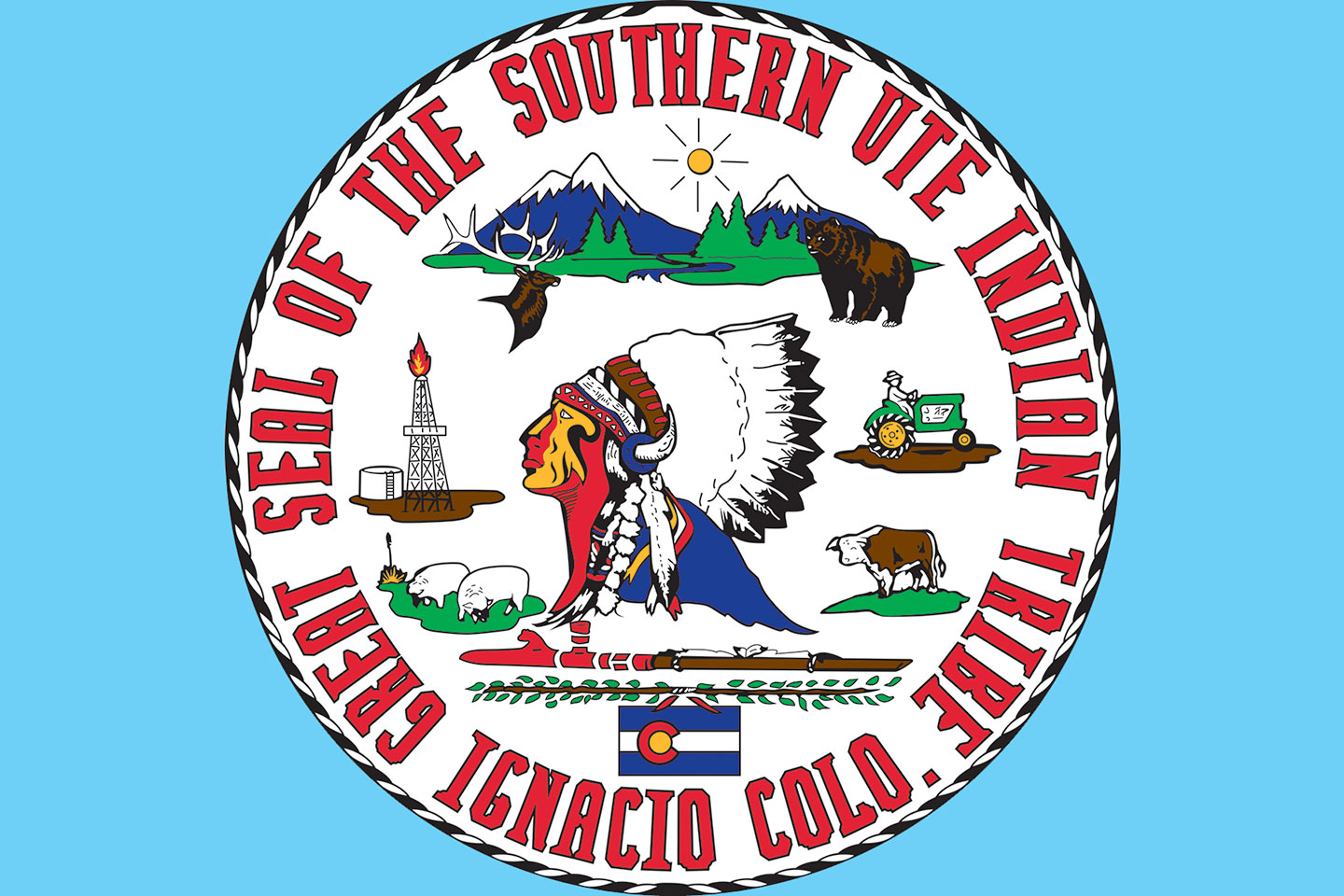On Friday, Oct. 21 Tribal Council held a special meeting with the tribal membership regarding a recent settlement in the tribe’s breach of trust case. The tribe took this time to explain the history of the case and to hear from the tribal members on what they think should be done with the money the tribe receives from settlement.
Tom Shipps legal counsel to the tribe explained that the case has been ongoing since 2013, when the tribe joined nine other tribes in suing the United States for failing to provide an accounting of tribal trust accounts and for mismanaging trust assets and non-monetary trust resources. Ultimately, the tribe settled the claim for $126 million – before lawsuit costs.
The meeting was divided into two sessions: a morning session for elders (55 and older) and an afternoon meeting for members 54 and under. Tribal elders packed the Multi-Purpose Facility Friday morning to voice their concerns and ideas about how the settlement money should be utilized.
There were varying views amongst the 80 plus elders in attendance, some stated the settlement money should be paid out 100 percent to the membership from the youngest member to the eldest; others felt the settlement should be paid out 100 percent, but the elders should receive a bigger percentage of the pay out; and some felt that a portion of the money should go to other programs like housing, culture and or Ute language revitalization.
Tribal elders gave council an array of examples on how the money would help them better their current living situations.
Tribal elder, Elwood Kent addressed Tribal Council in Ute before speaking in English. Kent spoke of his struggles and said the money should be paid out fully to the membership.
“We want to use [the money] while we are all still here … give it to us,” Kent said.
Tribal elder Kathleen Tobias Hatch recalled growing up with the grandparents and great grandparents of the Tribal Council members. She talked about how the Utes struggled years ago.
“I think we should all get it 100 percent … we’ve struggled,” Hatch said urging Council to listen to their people. “This belongs to all of us.”
During the elder meeting a hand written petition was put together stating that the settlement should be paid out 100 percent to all tribal members. At the end of the meeting the petition had over 80 signatures.
The afternoon session of 54 and under saw a similar turnout to the elders meeting. The younger crowd in attendance brought forth different ideas, but many sided with the elders, stating that the settlement should be paid out to the membership 100 percent.
Raymond Baker suggested investing the money for the future. Stating that a big payout does sound nice, but investing that large sum of money would be a smart decision as well, he said.
Tribal member Trae Seibel, 24, shared his different ideas on how the money could be utilized. Including a 100 percent payout, an annuity for those members 18-24 and possibly putting away some money for the first descendants of the tribe – who do not receive the same benefits as enrolled members.
Some members said they would like to see some improvements around the reservation like fixing the Pine River Indian Irrigation Project that was cited in the case as being neglected and unfunded. Other ideas included building something permanent on the reservation for the membership.
Brothers Dewayne (9) and Elliott Hendren (10) said they would like to see some of the money go towards a football field or a skate park on the reservation. Andrew Frost said he would like to see an outdoor arbor built to host powwows and gourd dances.
Chairman Clement J. Frost thanked those that came to the meeting to share their ideas. The meeting was just one way the tribe has reached out to its membership concerning the settlement. A few weeks ago tribal members received a letter from the tribe asking for their ideas via direct contact, mail or email.
“It’s important to listen to you all; young and old,” Frost said.
Frost added that the tribe has not received the funds yet and Tribal Council had not made any decisions on how the funds would be utilized.
Mr. Shipps stated that the tribe could expect to receive the funds within the next 4 to 8 weeks, according to the U.S. government.

